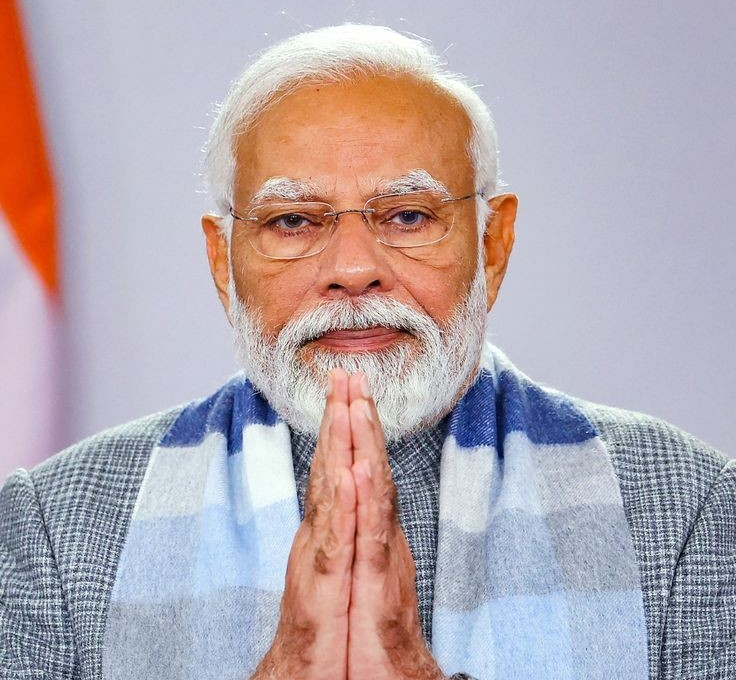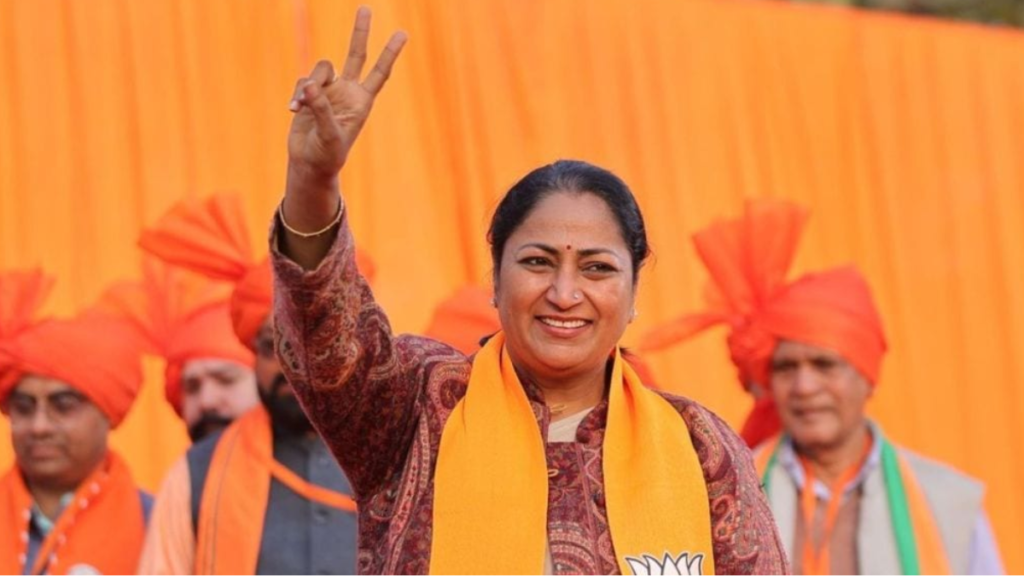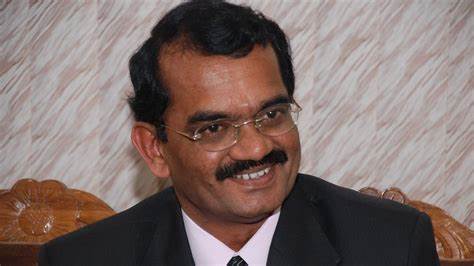How India’s Recent Counter-Terror Strike Set a New Standard in Anti-Terrorism Policy
In a landmark address to the nation, Prime Minister Narendra Modi introduced Operation Sindoor, a decisive and large-scale counter-terrorism strike by Indian forces targeting terror hubs in Pakistan. Sparked by a brutal terrorist attack in Pahalgam on April 22, the operation marked a significant evolution in India’s response to cross-border terrorism.
Operation Sindoor was India’s response to the barbaric terror attack in Pahalgam, where innocent civilians were targeted in a shocking act of violence.
BAD NEWS FOR PAKISTAN: Op Sindoor will Continue
— Megh Updates 🚨™ (@MeghUpdates) May 12, 2025
"We have only paused more military action. We will watch Pakistan’s every step. All our forces are on Maximum Alert" : PM Modi pic.twitter.com/9Cb3kqYj3N
PM Modi called this an attempt to “break the harmony of the country” and a “disgusting” assault on families. The terror strike triggered a united national demand for action, with every section of society standing in solidarity.
The Indian government granted its military a “free hand” to act. This was not just retaliation; it was a strategic military decision aimed at breaking the infrastructure that supports terrorism at its roots—mainly across the border in Pakistan.
“Operation Sindoor is not just a name. This is a reflection of the sentiments of crores of people of the country… an unbroken pledge of justice,” PM Modi stated.
What Does This Mean for India’s Security Policy?
PM Modi declared Operation Sindoor as the beginning of a new security doctrine—one where India responds to terrorism with “decisive and precise attacks”, unshaken by nuclear blackmail or diplomatic pressure.
Here are three key takeaways from this policy shift:
- Terrorism Will Be Met with Force: Future terrorist attacks will invite immediate, targeted retaliation, whether on domestic or foreign soil.
#WATCH | #OperationSindoor | In his address to the nation, PM Modi says, "...No nuclear blackmail will be tolerated anymore..."
— ANI (@ANI) May 12, 2025
He says, "Terrorist attack on India will have to face a befitting reply, and the response will be on our terms" pic.twitter.com/2DmGVrPI42
2. No Tolerance for Nuclear Threats: The Prime Minister dismissed “nuclear blackmail” as irrelevant in deterring Indian responses.
3. State and Terror Will Be Treated the Same: Countries that sponsor or shelter terrorists will be held equally accountable. PM Modi cited evidence of Pakistani officials attending funerals of terrorists as proof of state-sponsored terrorism.
"Pakistan was begging for help from all over the world." Well Done #IndianArmedForces
— Rupali Ganguly (@TheRupali) May 12, 2025
We are proud of you #Modi Ji#pmmodi #Modiji #PrimeMinister pic.twitter.com/LRkiMCsSdL
This is also a defining moment for ‘Make in India’ defense capabilities, with the successful use of Indian-made drones and missile systems earning global attention.
“Today the world is seeing that the time has come for Made in India defence equipment in 21st-century warfare.”
What Message Did PM Modi Send to the World?
India’s message was clear and forceful: Terrorism and diplomacy cannot coexist. Trade, water sharing, and dialogue with Pakistan will only resume when terror activities cease.
PM Modi ended the speech by tying the operation to India’s deeper cultural and spiritual roots, as the address coincided with Buddha Purnima—a day symbolizing peace.
“The path to peace also goes through power,” he said, quoting Lord Buddha’s teachings to emphasize that strength is essential for real and lasting peace.
He concluded by affirming India’s commitment to defending its people, showcasing national unity, technological strength, and moral resolve.





















